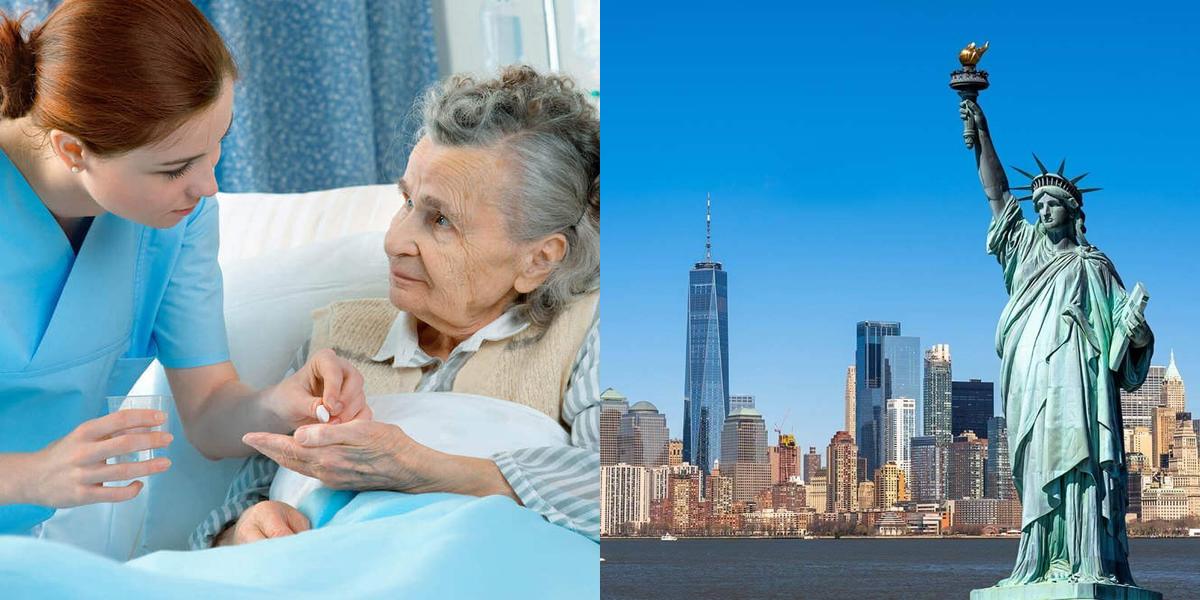How to Become a Certified Medication Aide in New York

If you're a Certified Nursing Assistant (CNA) in New York looking for the next step in your career, becoming a Certified Medication Aide (CMA) is a direct path to more responsibility and a higher salary. This advanced role allows you to administer medications in nursing homes, making you an even more valuable member of the healthcare team. With over 20,000 of these essential professionals in New York earning a median salary of $47,530 per year, according to the U.S. Bureau of Labor Statistics, this certification is a smart investment in your future.
3. Apply for the New York CMA Certification Exam
After training, submit your application to the New York State Department of Health and register for the state certification exam.
4. Pass the Certification Exam
Take and pass the 100-question multiple-choice exam on medication administration and patient safety. A passing score of 75% is required.
5. Maintain Certification with Renewal Every Two Years
To keep your certification active, New York CMAs must:
- Complete continuing education credits.
- Pay a renewal fee of $25-$50 (varies based on the renewal period).
- Submit renewal applications on time to avoid penalties.
Career Paths and Opportunities after Becoming a Medication Aide
A Certified Medication Aide (CMA) in New York can advance into higher-paying healthcare roles, including:
- Licensed Practical Nurse (LPN): Complete an LPN program in 12-18 months to take on more nursing responsibilities.
- Pharmacy Technician: Transition into pharmacy-related careers with 6-12 months of training.
- Medical Assistant (MA): Gain administrative and clinical experience in a 9-12 month program.
Frequently Asked Questions
How much does a Certified Medication Aide make in New York?
The average CMA salary in New York is $47,530 per year ($22.85/hour), according to the Bureau of Labor Statistics (BLS).
- Entry-level CMAs earn around $34,000 annually ($16.50/hour).
- Experienced CMAs in specialized settings earn $42,000-$49,000+ per year
Can a Medication Aide give injections in New York?
No, Certified Medication Aides in New York are not allowed to administer injections. Injectables, IV therapy, and controlled substances must be administered by an LPN or RN.
What is the highest pay for a medication aide?
The highest pay for a medication aide can reach up to $49,000 and above per year in the United States. This figure is most likely earned through tenure, working in high-demand areas, or specialized healthcare facilities.
Final Thoughts
Becoming a Certified Medication Aide in New York can be a rewarding and in-demand career path. By meeting the educational and certification requirements, you can play a vital role in providing quality patient care and medication management. Dreambound can help you find the right Medication Aide training program to get started on this fulfilling career journey.
If this article doesn't match what you're looking for, you can check out these other articles:

Athena is Co-founder and CEO of Dreambound.




